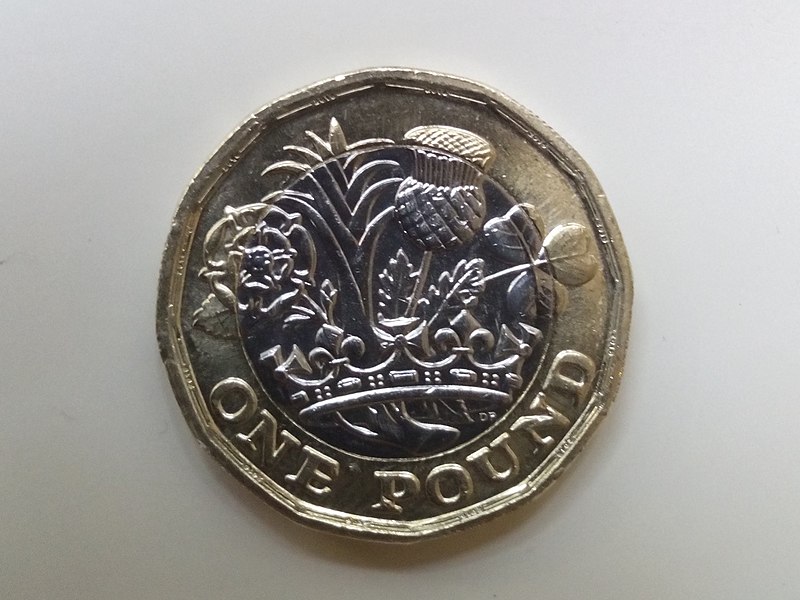
According to a monthly survey conducted by market research company YouGov, the expectations for inflation in the UK have cooled down in March. This is a crucial indicator for the Bank of
England as it weighs another interest rate hike.
U.S. bank Citi released the survey results, stating that the public's expectations for inflation in 12 months' time eased to 5.4%, down from 5.6% in February. Furthermore, expectations for the longer term also slipped to 3.7% from 3.8%. Although these figures confirm that upside risks to inflation pressure remain elevated, economist Benjamin Nabarro of Citi added that today's data still suggest that UK inflation expectations remain well anchored at the target consistent level, even if risks persist.
The survey showed that recent upward pressure on inflation expectations had been concentrated among women in older age groups and among lower occupational categories. This indicates that inflation expectations are not uniform across different demographics and professions.
A quarterly survey conducted by the Bank of England last month also showed a decline in public inflation expectations. There was also scant sign that Britons were expecting big wage increases in the future, further evidence that a wage-price spiral remains a remote risk. This survey reinforces the notion that inflation pressures are not out of control and that the Bank of England may not have to take immediate action to combat rising prices.
Despite the recent cooling in inflation expectations, there are still concerns about inflation pressures in the UK economy. One example is the shortages in staple foods. The pandemic has disrupted global supply chains, causing shortages of certain goods and services, which can lead to inflationary pressures. Additionally, the UK's decision to leave the European Union has resulted in trade disruptions, which can also impact prices. Photo by PPP, Wikimedia commons.




































